Tuesday 7 July 2015
6 fun news facts about the wizarding world OF HARRY POTTER
Japan’s Kyushu Electric begins loading reactor fuel
Tuesday 7 April 2015
American Pie manuscript up for sale
In notes that accompany the sale of his original manuscript at auction in New York on Tuesday, he describes it as a morality song that charts the decline of the USA and its loss of innocence.
While details of the lyrics have long been guessed – taking as its starting point his reaction to hearing in 1959 that Buddy Holly had died in a plane crash with Ritchie Valens and the Big Bopper on “the day the music died” – few have confidently decoded the riddle in its complex verses and scattershot cultural references.
Now, with his handwritten pages expected to fetch up to $1.5 million at Christie's, he has explained almost all.
“Basically in American Pie things are heading in the wrong direction,” he said in an interview published in the auction catalogue.
“It is becoming less idyllic. I don't know whether you consider that wrong or right but it is a morality song in a sense.”
Sunday 5 April 2015
Cristiano Ronaldo scored five goals as Real Madrid thrashed Granada 9 - 1
World's Most Dangerous Trail Reopens After 15 Years
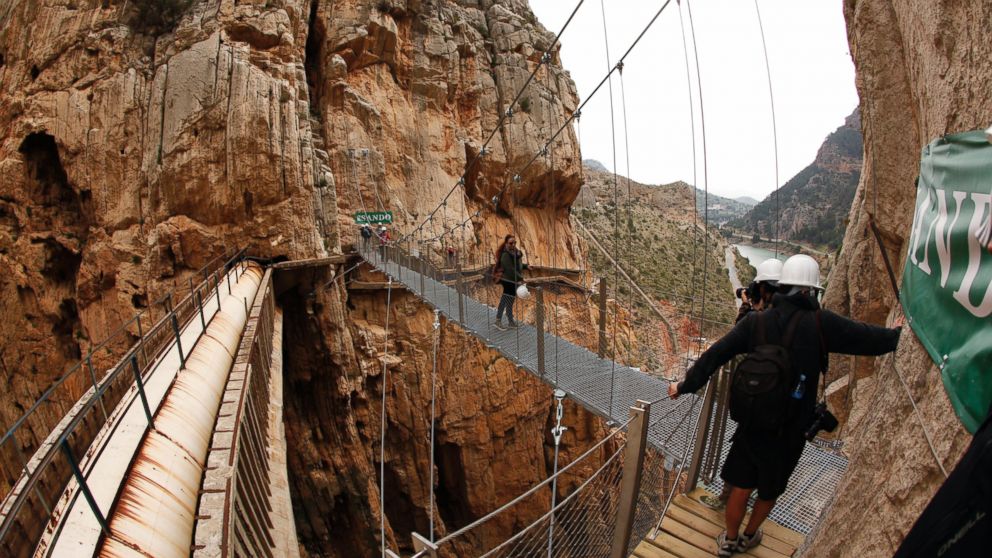
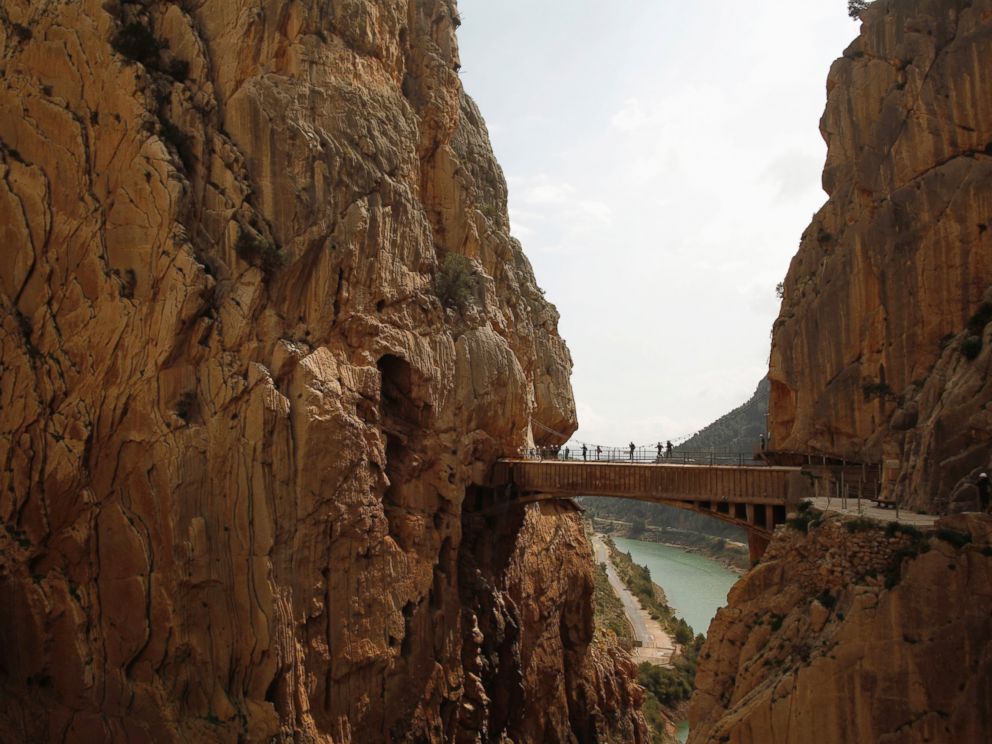
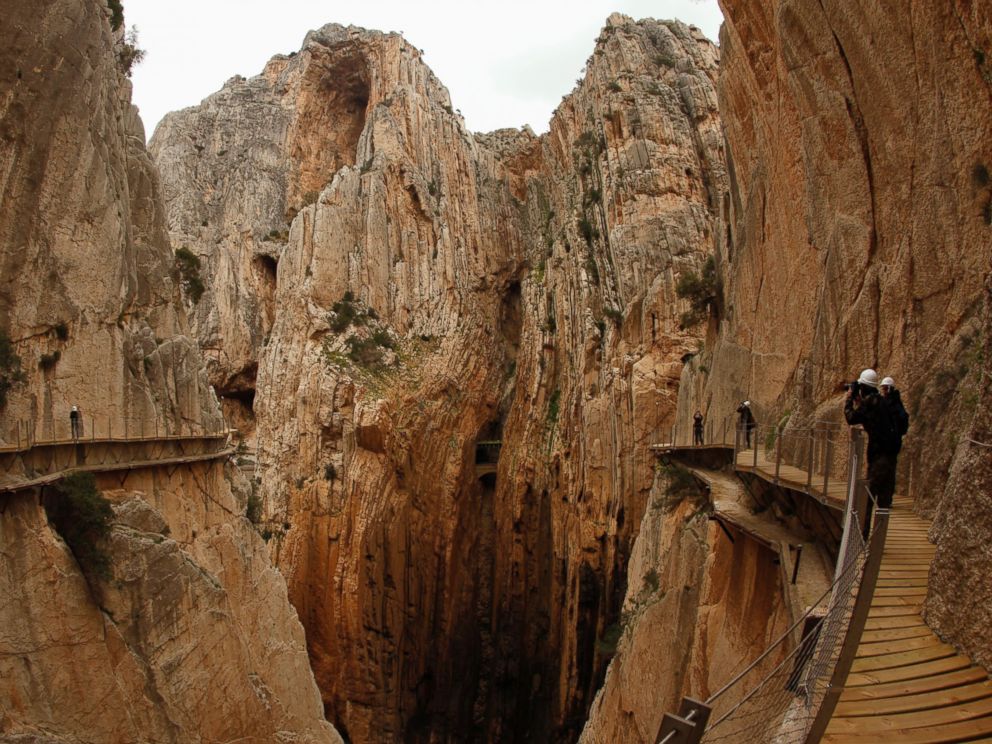
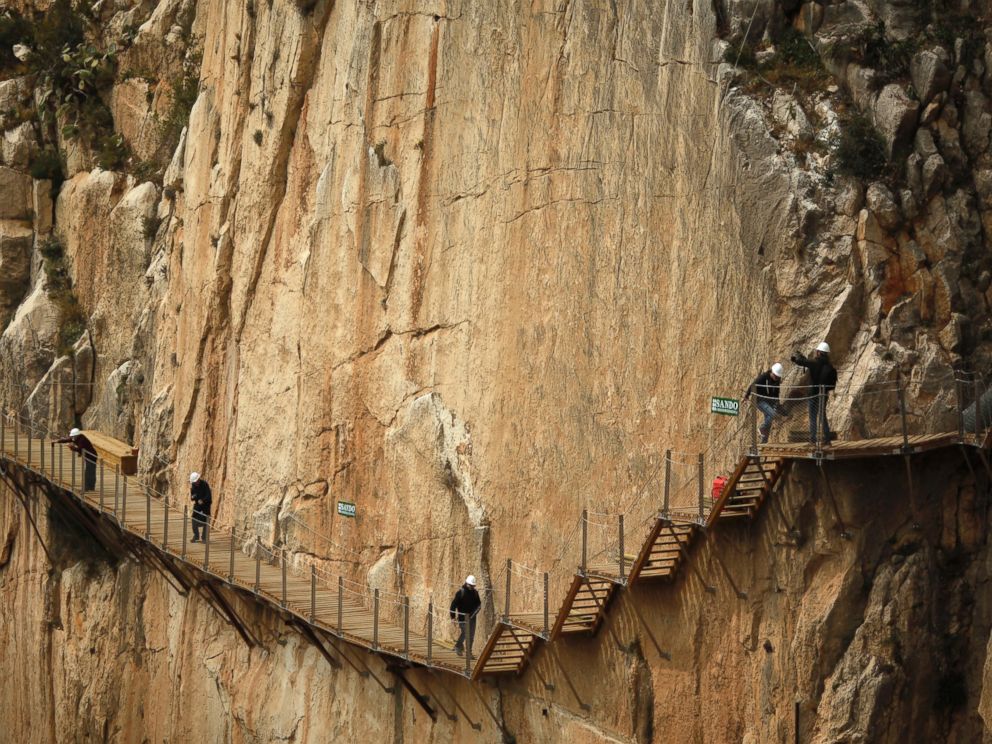
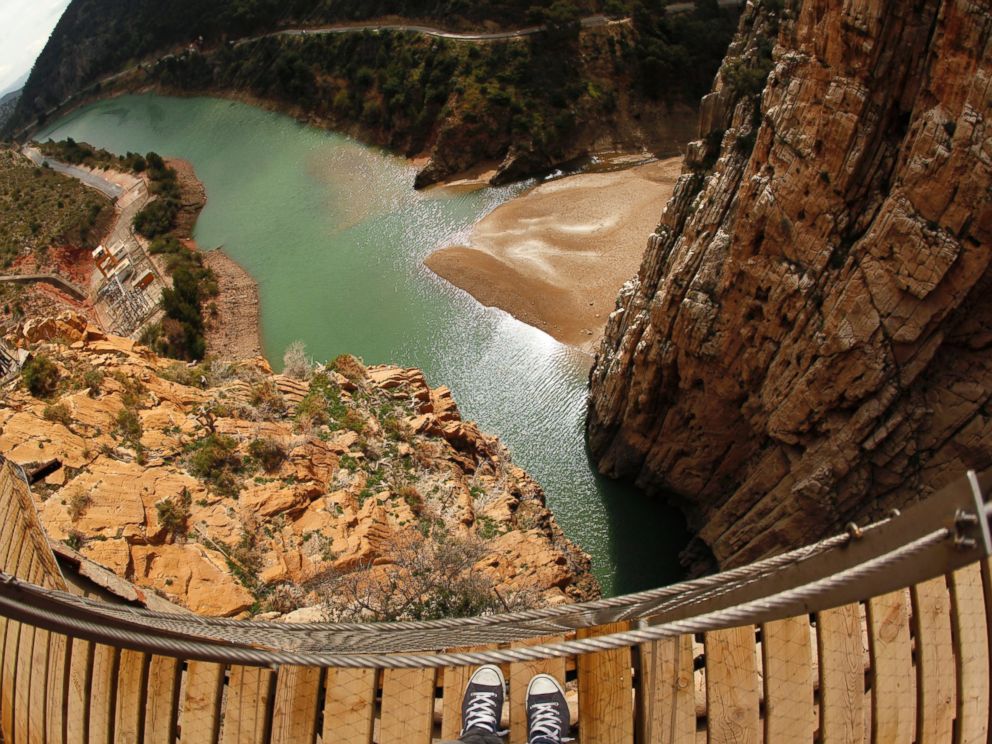
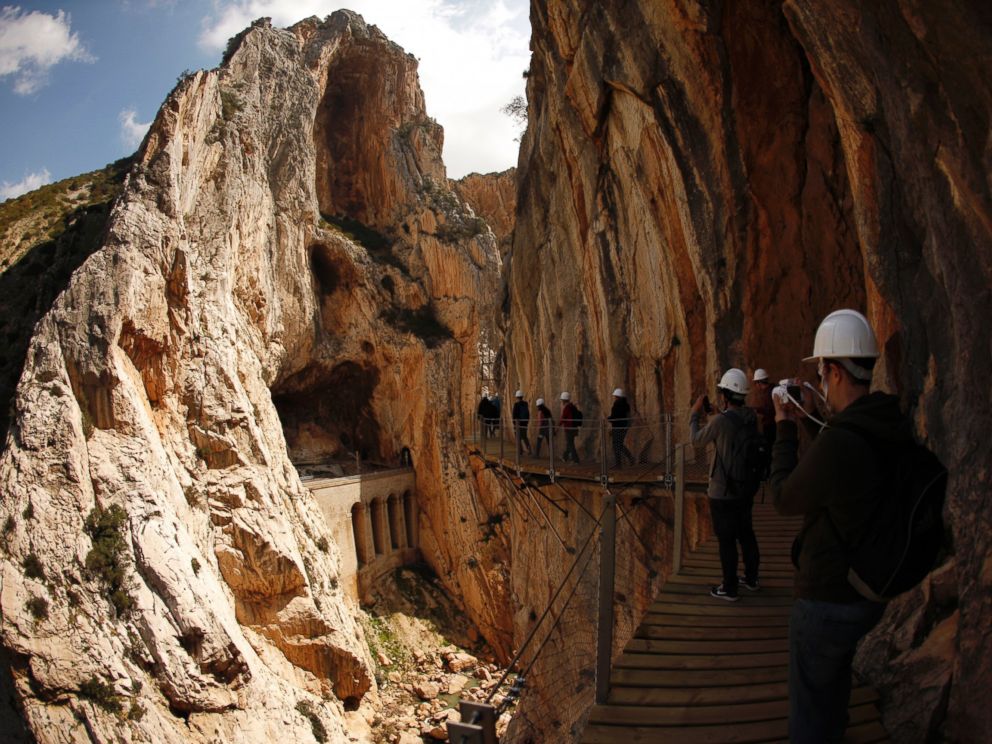
Friday 27 March 2015
Malaysia Government backed exhibition of Hindu temples & gods touring Malaysia

Thursday 12 March 2015
Enough of Anwar Ibrahim, move on!

Malaysians want veteran politicians to step down, survey shows
Sunday 1 March 2015
Will Obama assist democracy in Malaysia?

Malaysia’s political backslide

Wednesday 18 February 2015
Turkish uranium project shows strong economics
Anatolia Energy expects to start full-scale development at Temrezli before the end of 2015 after a pre-feasibility study (PFS) revealed better-than-expected economics for the high-grade uranium project in eastern Turkey.
Temrezli exploration - 460 (Anatolia)
The independent PFS was carried out by Tetra Tech and confirmed the proposed in situ leach (ISL) project to be technically low risk as well as highly profitable. Based on the development of the deposit's measured and indicated resources, which total 11.3 million pounds U3O8 (4347 tU), plus the development of some 80% of Temrezli's 2 million pounds U3O8 (769 tU) of inferred resources, the PFS foresees a total output of 9.9 million pounds U3O8 (3808 tU) over a mine life of 12 years, at a cash operating cost of $16.89 per pound U3O8. The initial capital cost for developing the site would be $41 million, with project payback within the first 11 months of operation.
According to Australian Anatolia, the figures will position it as one of the world's lowest cost uranium producers.
The company plans to construct a central processing plant at Temrezli, with an annual capacity of 1.2 million pounds U3O8 (462 tU). The plant could also process uranium-loaded resin from future satellite operations such as the nearby Sefaatli project, where Anatolia is about to start the second phase of a drilling program which should lead to initial resource estimates.
Temrezli is about 200 km east of the Turkish capital Ankara, and the project will benefit from existing local infrastructure including roads and power lines. Anatolia describes the estimated $7.3 million cost of life-of-mine infrastructure as small relative to other ISL uranium projects. The company hopes to further reduce up-front costs by using Turkish plant suppliers where possible.
Anatolia CEO Paul Cronin noted that the test work completed during the PFS had seen many upgrades to the project since a preliminary economic assessment was completed in 2014, leading to better financial returns than previously anticipated. "The strong economics of the project, even at today's term uranium price provides a robust foundation," he said.
With an operation licence already in hand, Anatolia now needs to complete an environmental and social impact assessment (ESIA) before applying for an operation permit. The ESIA is already in preparation, with the first stage expected to be submitted for approval by the end of February.
Subject to finance, Anatolia expects that full-scale development will begin this year and says it plans to begin some pre-development activities immediately.
Turkey currently imports much of its energy, but work on its first nuclear power plant is expected to begin later this year. The Akkuyu plant, which will eventually comprise four Russian-designed VVER-1200 reactors, is to be built, operated and financed by Russia's Rosatom.
Economic growth could have been only within the 2%-3%
By Ramon Navaratnam
Bank Negara Governor Zeti Akhtar Abdul Aziz did well to give an uncharacteristic press conference on our economic performance based on data from the Fourth Quarter of 2014. She said she was addressing "the misconceptions surrounding the impact of the fall in oil prices and the significance of the oil and gas industries to the Malaysian economy."
She agreed that we are adversely affected by the drop in oil prices, but said our economic growth could have been only within the 2%-3% range had we not diversified our economy. This raises the question of whether we have diversified enough and taken enough measures to face the challenges of these critical times.
Minister in the Prime Minister's Department Idris Jala said much the same thing in an interview with The Economist. He said it was a "big misconception" that "Malaysia will suffer the brunt of the oil price slide because we are a major oil exporter." Malaysia, he stressed, is not a major oil exporter.
Actually, Malaysians generally refer to our oil and gas earnings together and recognise the major impact the industry has on our growth prospects. After all, as Idris has carefully pointed out, the "oil, gas and energy sector" constitutes 17% of the Gross Domestic Product (GDP). That is a large chunk of our economy. There will definitely be a major impact on our economy if oil and gas prices remain low and slide further. So we must appreciate the deep concern of Malaysians over the falls in oil and gas prices. We cannot afford to play down the problems or ignore concerns about our future.
When we hear talk of "diversifying our economy", we ask how successful economic diversification has been. The residual "Other Industries" constitute 30% of our GDP. Education and Health make up only 1% of the GDP. The rest of the sectors, like Tourism , Electronics, Agriculture and Financial Services, constitute only 5% to 7 % of the GDP each.
Couldn't we have done better after 58 years of Merdeka? Couldn't we have pursued wider diversification and gone into much greater value-added productivity?
Sluggishness
We may not be in crisis now, but I dare say that we are facing critical times ahead. The major world economies are generally slowly recovering or are still struggling to recover. Malaysia has done better, with its 6% growth registered for last year. But how long can this high growth last in this sluggish world economy?
Thursday 5 February 2015
Langkawi fired up for Lima ‘15

LANGKAWI: Almost 95 per cent of the exhibition spaces for the 2015 Langkawi International Maritime and Aerospace exhibition (Lima '15) have been snapped with 38 days left prior to its kick-off on Mar 17.
Ministry of Defence (Mindef) secretary-general Datuk Seri Abdul Rahim Mohamad Radzi said the ministry had received an overwhelming response for this year's exhibition with a total of 502 exhibitors from 36 countries already confirmed their participation.
Abdul Rahim, who is also Lima '15 chairman, said the number had exceeded the initial target of pulling 476 exhibitors from 36 countries.
"We are proud to announce that Lima '15 has attracted bigger number of participants as compared to 433 exhibitors from 31 countries recorded in the previous edition.
"Lima '15 has attracted 70 per cent of 25 world's biggest defence companies such as Boeing, Airbus, Lockheed Martin and Safran which will be exhibiting their new and state-of-the-art technologies.
"For the first time, Japan has voiced its intention to take part in the exhibition which will also be the first exhibition in South East Asian region participated by the country since the leniency given to its defense products export policy.
"At the same time, there are also other positive development in this year's exhibition, for instance the People's Republic of China booked 219 metre square of the exhibition space compared to only 60 metre square in the previous exhibition," he said in a press conference after the fourth main committee's meeting and visit to the exhibition sites here yesterday.
Also present was Armed Forces chief General Tan Sri Zulkifeli Mohd Zin who is also the exhibition joint-chairman.
Abdul Rahim said Lima '15 exhibition would emphasise on the Association of South East Asian (Asean) elements in its programme, in line with the Malaysia's chairmanship of 2015 Asean.
He said the five-day exhibition would kick start with the Asean Defense Minister's meeting which would be held back to back on March 15 and 16 at Langkawi International Convention Centre.
Besides attractive programmes lined up during the event, including Air Chief Conference, Chief of Navy Round Table Talk, Maritime demonstration and tourism carnival, he said that there would be new programmes such as Multi-Nation Maritime Sea Exercise and Multi-Nation Counter Terrorism Exercise.
"We are expecting a significant hike of commercial and public visitors throughout the event where the first three days would only be opened to commercial visitors and invited guests.
"Air show will be carried out daily between 12.30pm and 2.30pm from March 17 until 19 and between 10am and 4.30pm on the following days," he said.
Backstreet’s back in Malaysia

From left, Nick Carter, Kevin Richardson, Brian Littrell, Howie Dorough, and AJ McLean of Backstreet Boys pose for a portrait in promotion of their theatrical documentary "Show 'Em What You're Made Of" in Los Angeles. AP photo
KUALA LUMPUR: The world's best-selling boy band, the Backstreet Boys, will be heading to Malaysian shores as part of their "In A World Like This" tour on May 3.
Their showcase will be at Stadium Negara and is organised by The Livescape Group.
The one-night show is set to attract over 6,000 fans.
"We are thrilled to be working with Livenation to bring the Backstreet Boys back to Malaysia. As one of the world's largest and foremost boy bands, we are sure that their appearance in Kuala Lumpur will be highly anticipated", said The Livescape Group's director of live events Rahul Kukreja.
The five-member American pop vocal group was formed in 1993 and consists of AJ McLean, Howie Dorough, Nick Carter, Kevin Richardson and Brian Littrell.
The band shot to fame with their self-titled debut album, Backstreet Boys in 1996.
Following the success of their first album, they released their second international album Backstreet's Back in 1997.
Singles from this album include "Everybody (Backstreet's Back)", "As Long As You Love Me" and "All I Have To Give".
The single "Everybody (Backstreet's Back)" and "All I Have To Give" peaked on the US Billboard Hot 100 at number four and five respectively.
The then teenage heartthrobs not only won the hearts of many with the success of their first two albums but rose to greater heights and superstardom with their third album Millennium in 1999.
Singles from this album include "Larger Than Life" which peaked on the US Billboard Hot 100 at number 25, "I Want It That Way" which peaked at number one on the US Billboard Top 40 Tracks and the UK Singles Chart, and "Show Me The Meaning Of Being Lonely" which peaked at number six on the US Billboard Top 100.
The Backstreet Boys released a fourth album, Black And Blue in 2000 and the most popular single from this album was "Shape Of My Heart" which peaked on the US Billboard Hot 100 at number nine.
They have sold over 130,000 million records worldwide.
The group took a two-year break before releasing a comeback album Never Gone in 2005.
After this, Richardson, left the group to pursue a solo career in singing, modelling and acting.
Nevertheless, the Backstreet Boys continued as a four-member group and released two albums, Unbreakable in 2007 and This Is Us in 2009.
In 2012, Richardson rejoined the Backstreet Boys and a year later, the band celebrated their 20th anniversary by releasing their first independent album, In A World Like This.
Tickets are priced between RM208 and RM688.
Backstreet Boys members Kevin Richardson, AJ McLean, Howie Dorough, Brian Littrell and Nick Carter attend the premiere of Gravitas Ventures' "Backstreet Boys: Show 'Em What You're Made Of" in Hollywood, California. AFP
Wednesday 4 February 2015
TransAsia’s safety record under scrutiny after latest crash
SINGAPORE: Taiwan regulators are likely to put more pressure on TransAsia Airways to review its maintenance and safety procedures after Wednesday's crash, its second fatal accident in seven months.
Industry data showed the crash of Flight GE235, in which at least 16 people were killed, was the fifth aircraft the airline has written off since 1995.
The death toll could still rise after the ATR 72-600, which had 58 passengers and crew on board, crashed into a river shortly after taking off from Taipei's Songshan airport.
This comes just seven months after a TransAsia ATR 72-500 crashed while trying to land at Penghu Island, killing 48 of the 58 passengers and crew on board.
There have been two other fatal accidents and another two major incidents in the airline's history, according to data from Flightglobal Ascend, an industry consultancy.
In December 2012, an ATR 72-200 freighter crashed en route to Macau from Taipei, killing both crew members. In 1995, an ATR 72-200 crashed into a hill near Songshan, killing all four crew.
In 2003, an Airbus A321 was written off after colliding with a vehicle that had strayed onto the runway while the plane was landing. A year later, an Airbus A320 was severely damaged when it over-ran the runway while landing at Songshan.
There were no fatalities in either of those incidents.
Investigators into the latest disaster are likely to focus on cockpit procedures and maintenance issues at the airline, said Greg Waldron, Asia Managing Editor at Flightglobal.
"Coming so soon after July's crash, the airline could come under intense scrutiny by regulators, not to mention the impact this will have on public perceptions of the carrier," he added.
Taiwan had a poor air safety record from the 1980s to the early 2000s due to several fatal crashes, mostly at flag carrier China Airlines.
Before last year's TransAsia incident, Taiwan's last fatal crash came in May 2002 when a China Airlines Boeing 747-200 broke up mid-air on the way to Hong Kong, killing all 225 people on board.
That prompted the Taiwan government, with help from agencies such as the International Air Transport Association (IATA), to revamp its regulatory agencies.
China Airlines also reviewed its procedures and passed IATA's International Operational Safety Audit (IOSA) in 2005, which meant that it met global safety standards.
The focus now is on TransAsia, which was listed on the Taiwan stock exchange in November 2011 and remains a much smaller player than China Airlines and EVA Air.
The airline, which also has Airbus A320s and A330s, mainly operates services from Taiwan to other Northeast Asian destinations in China and Japan. It also has services to South Korea, Macau, Thailand and Cambodia.
Its ambitious management has, in the past, expressed hopes of eventually becoming a larger carrier with services to Europe or the United States using aircraft such as the Airbus A380.
-Reuters
Sirul to fight extradition to Malaysia
QUEENSLAND: Corporal Sirul Azhar Umar who is wanted back in Malaysia to face the death sentence for the murder of Altantatuya Shaariibuu, has engaged Australian lawyers to fight any attempts at his extradition.
Confirming this to the Malaysian Insider, Sirul's lawyer, Kamarul Hisham Kamaruddin also said, "There will be some interesting developments but I can't reveal yet until we get things sorted out."
He also revealed that contrary to popular belief, Sirul was not being detained for violating Australian immigration laws but only detained because Interpol had issued a red alert out on him earlier.
He said his client would continue to be detained pending the Malaysian authorities next course of action.
"However, Sirul cannot be held indefinitely," Kamarul said, adding that Sirul had a valid visa when he was arrested at his family home but that it would most likely have expired by now.
"He has to apply for a protective visa to remain in Australia and fight any court battle there," Sirul's lawyer explained.
Sirul who fled the country before his conviction in the murder of the Mongolian in 2006, was a former police commando. His colleague Azilah Hadri was present during sentencing but Sirul, having already left the country for Australia, was not in court.
Last week, another one of his lawyers, Hasnal Rezua Merican, told a Malay daily that Malaysia was unlikely to be successful if it applied for Sirul's extradition because Australia has abolished the death penalty and would not send a criminal back to his country if the death penalty was carried out there.
Tuesday 3 February 2015
Malaysian Malacca Bans Alcohol in Muslim Areas

Monday 2 February 2015
It’s all about the money
JANUARY 27 — On Sunday, January 25, 2015, residents living in Kampung Keramat demonstrated against the Datum Jelatek luxury condominiums.
"Fearing their Malay-majority city neighbourhood may soon be overrun by Chinese, a group of residents in Taman Keramat marched to the construction site of upscale condominium project Datum Jelatek here and violently tore down its cladding today."
Yesterday, PKNS was quoted in The Star that, "All 674 units of controversial Datum Jelatek condominiums have been registered to Bumiputra buyers, debunking allegations that the Malays could not afford to purchase the luxury units. Selangor State Development Corporation (PKNS) in a statement said that a total of 1,097 potential bumiputra buyers have shown their interest, exceeding their expectations on the project."
With the median salary in Malaysia at RM1,700, one would need to pay a monthly instalment of RM3,500 for a RM700,000 apartment.
Melayu sudah maju. Melayu sudah kaya.
Social media, of course, exploded with heckles — who's embarrassed now? The protesters now have egg literally on their faces. There would not be an invasion of Chinese moving to the mostly Malay enclave, but rich, moneyed, we-have-arrived Malays. Their very own brethren.
The lawyer cum columnist, Azhar Harun, wrote a public note on his Facebook, of his suspicions about the protest.
"I can't help but suspect that the said demonstration was orchestrated by certain parties who were out to tarnish the Selangor state government. Call it a hunch. Or intuition. Or reasonable deduction. Whatever. I don't have evidence. But that's how I feel. That was my first reaction. Which public rally or demonstration would make available free nasi lemak and drinks to the rally goers?"
He continued to say that Sunday's demonstration was a stark reminder that within our seemingly peaceful multi-racial society, "… there are sections that are parochial and exclusionary in nature. At a glance, such parochial, tribalistic and hence, exclusionary sub-society, is almost a trademark of our society so much so that it has been accepted by all and sundry. Or at the very least, accepted by acquiescence.
 The damaged hoarding of the Datum Jelatek Project is seen following a demonstration by a group of residents in Taman Keramat, Kuala Lumpur, January 25, 2015. — Picture by Yusof Mat Isa"The failure of our affirmative actions and economic policies in establishing a fair and equitable distribution of wealth and closing the gap between the haves and the have-nots only serve to create inter-class enmity and resentment."
The damaged hoarding of the Datum Jelatek Project is seen following a demonstration by a group of residents in Taman Keramat, Kuala Lumpur, January 25, 2015. — Picture by Yusof Mat Isa"The failure of our affirmative actions and economic policies in establishing a fair and equitable distribution of wealth and closing the gap between the haves and the have-nots only serve to create inter-class enmity and resentment."
I refer to Muhammed Abdul Khalid's book The Colour of Inequality and his paper on wealth distribution in Malaysia. He shows that about 90 per cent of Bumiputera households have no savings, and about two-thirds have no financial assets.
In terms of wealth, about 72 per cent of Malaysians who are without wealth are Bumiputera, while 17 per cent are Chinese and 10.7 per cent are Indians. What is rather shocking is that an average Bumiputera has about less than one month of financial reserve to cover his monthly expenditure in case of loss of income or employment.
His study also finds that wealth distribution is extremely skewed, top 10 per cent of Malaysian households per capita control 40 per cent of the country's wealth, while the bottom 40 per cent own only 5 per cent.
More than 92 per cent of wealth comes from real estate, while financial assets contribute the rest. The study also finds that ethnic disparity in wealth is much higher than the disparity in income.
The Chinese, on average, have the highest wealth which is 90 per cent higher than the Bumiputera and 50 per cent higher compared to the Indians.
Improving socio economic status of Malaysians requires a consistent two-pronged approach, with a focus on both the bottom 40 per cent and on maintaining/increasing growth equality.
The weekend's demonstration is more than about politics, political intrigue and Azmin Ali. It is not about Malays versus Chinese and Indians. It is about the Haves and Have Nots among the Malays, and there may be hell to pay.
- See more at: http://www.themalaymailonline.com/opinion/dina-zaman/article/its-all-about-the-money#sthash.0x1MFVc9.dpufBoycott Chinese businesses to lower price of goods, minister tells Malays

















